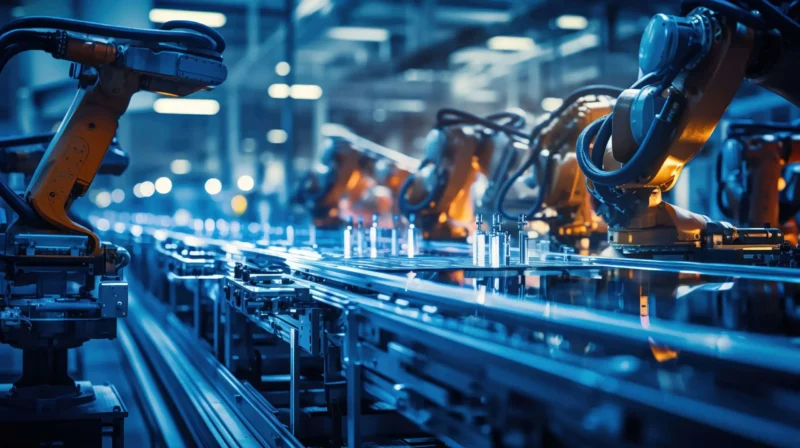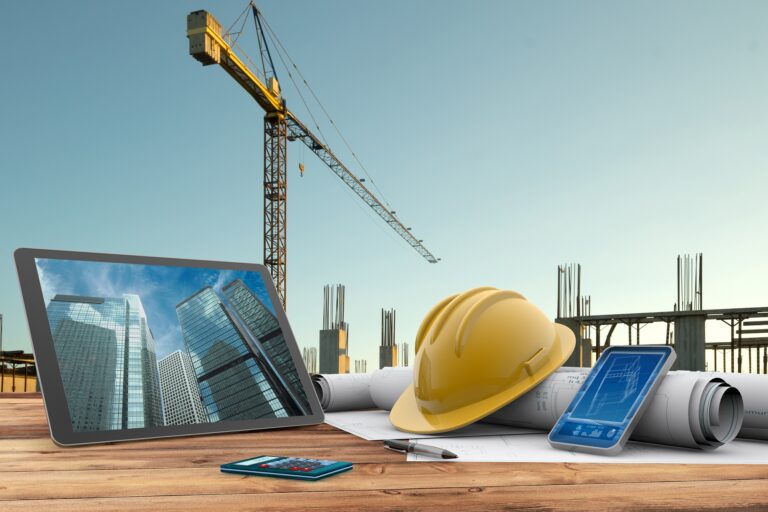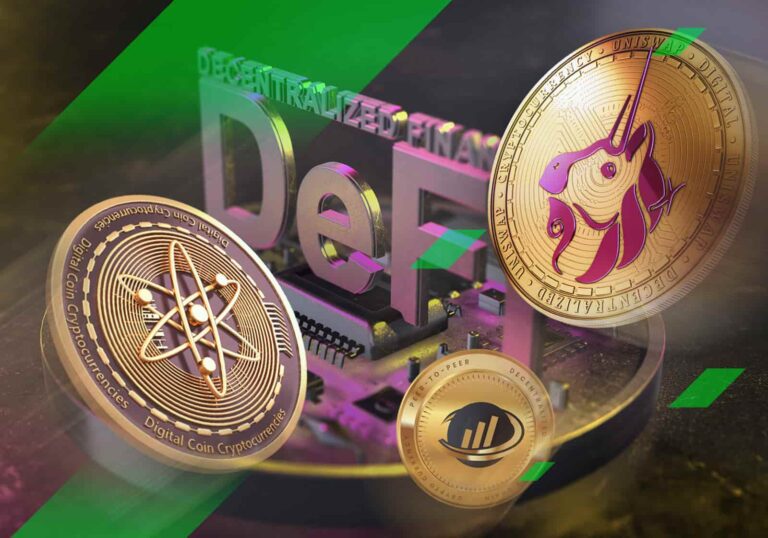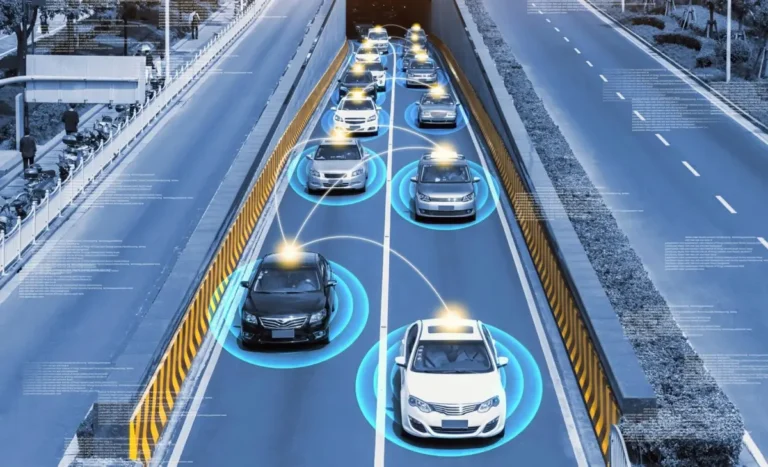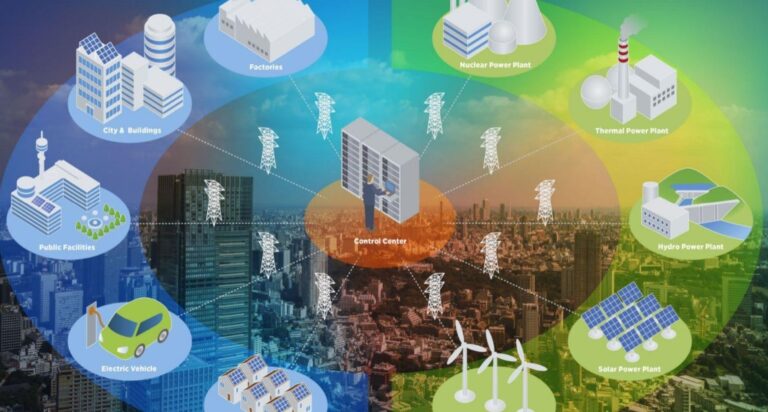Manufacturing has always been a cornerstone of innovation and economic growth. With the rapid technological advancements, the sector is undergoing a transformation that promises to redefine efficiency, productivity, and customization. This article will explore how these technologies are revolutionizing manufacturing processes. Keep reading to discover how the factory floor is evolving into a smarter, more sustainable environment.
The Impact of Artificial Intelligence and Machine Learning in Modern Manufacturing
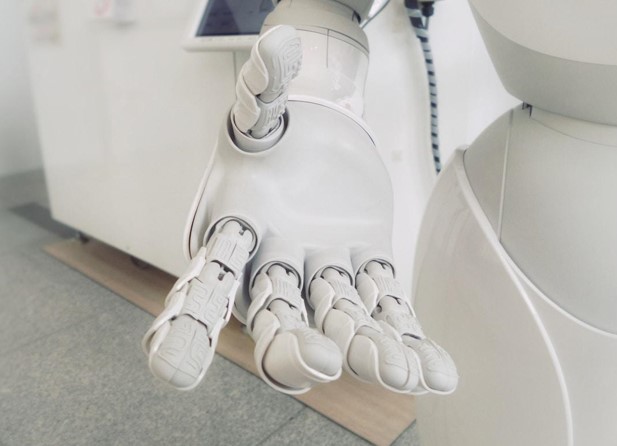
Integrating artificial intelligence (AI) and machine learning (ML) into manufacturing industries is streamlining operations like never before. These technologies enable machines to predict outcomes, optimize processes, and perform complex tasks without human intervention. This results in increased accuracy, reduced waste, and the ability to quickly adjust to market changes.
AI-powered predictive maintenance can forecast equipment malfunctions before they occur, minimizing downtime and maintenance costs. Machine learning algorithms process vast amounts of data, learning to recognize patterns that elude human analysts. This enhances quality control and ensures that the production meets high standards consistently.
Moreover, AI and ML are instrumental in designing ERP solutions that facilitate better resource planning and management. These sophisticated systems can predict demand, allocate resources efficiently, and streamline supply chain operations, paving the way for a more responsive manufacturing landscape.
Human workers shift from repetitive tasks to more creative and supervisory roles as technology advances. Training and adapting to work alongside intelligent systems become crucial as the blend of human and machine capabilities promises a new era of productivity.
Advanced Robotics and Automation Redefining Factory Floors
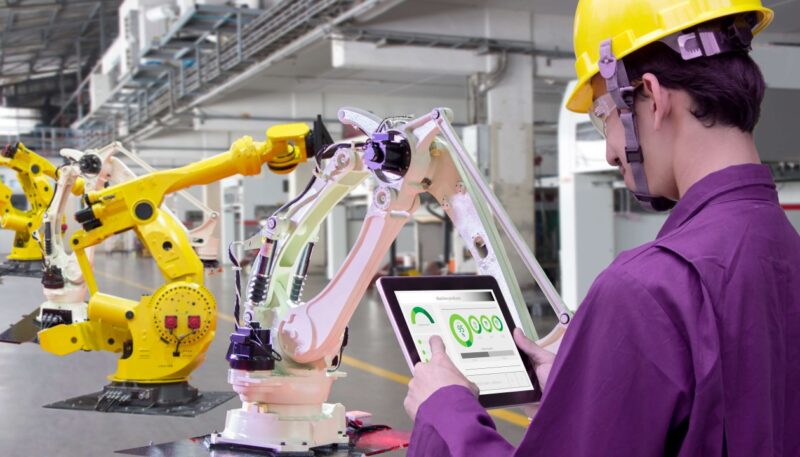
Advanced robotics and automation are reshaping and completely redefining the factory floor. Robotic arms and automated guided vehicles work tirelessly, increasing throughput and consistency. These machines don’t suffer fatigue and can handle hazardous tasks, improving worker safety and operational efficiency.
Collaborative robots, or “cobots,” are designed to work alongside human workers. They combine machines’ precision and speed with humans’ cognitive abilities. This mutually enhancing partnership enables tasks to be completed with a level of dexterity and care previously unavailable in fully automated systems.
One of the most significant advantages of robotics in manufacturing is the capability to scale operations up or down rapidly. As demand fluctuates, robots can be reprogrammed quickly to handle different tasks, creating a highly adaptable production line that can pivot according to market needs.
Automation also carries potential in areas traditionally dependent on paperwork and manual tracking. For instance, COI tracking, an essential aspect of managing business liabilities, can be automated to reduce errors, save time, and ensure compliance more reliably than ever.
Automation goes beyond the factory floor, influencing how businesses monitor operations remotely. The combination of robotics with cloud technology allows manufacturers to oversee entire production lines in real-time, even from distant locations. This integration improves response times to potential disruptions and strengthens overall efficiency.
Another promising application is in predictive analytics. By analyzing trends from collected data, manufacturers can identify bottlenecks, anticipate changes in consumer behavior, and adapt their operations accordingly. This level of insight helps maintain competitiveness and promotes proactive decision-making.
Sustainable Manufacturing Practices Through Technological Innovation
The push for more sustainable manufacturing practices has gained momentum, with technology catalyzing greener production methods. Advanced software systems enable manufacturers to simulate production processes, identify eco-friendly alternatives, and reduce carbon footprints. These practices benefit the environment and improve brand image and customer loyalty.
Energy-efficient machinery, driven by intelligent software, consumes less power and reduces emissions. Manufacturers can harness renewable energy sources more efficiently, transitioning towards a less wasteful and more environmentally conscious production line. The enhanced data collection facilitated by IoT devices informs better decision-making around material usage and energy consumption.
Additionally, the principles of a circular economy are becoming attainable with the help of technology. Companies can now design products for disassembly and reuse, guided by insights from data analytics. This ensures that at the end of a product’s lifecycle, components can be recycled or repurposed, minimizing waste.
Another area where technology shines is responsible sourcing and traceability. Blockchain technology and transparent supply chains allow manufacturers to verify the sustainability credentials of their materials, providing consumers with the assurance that they are investing in ethically produced goods.
3D printing, or additive manufacturing, is another technology driving sustainability. By building products layer by layer, manufacturers can minimize material waste and create complex designs with minimal environmental impact. Furthermore, 3D printing enables localized production, reducing the need for extensive shipping and lowering the associated carbon emissions.
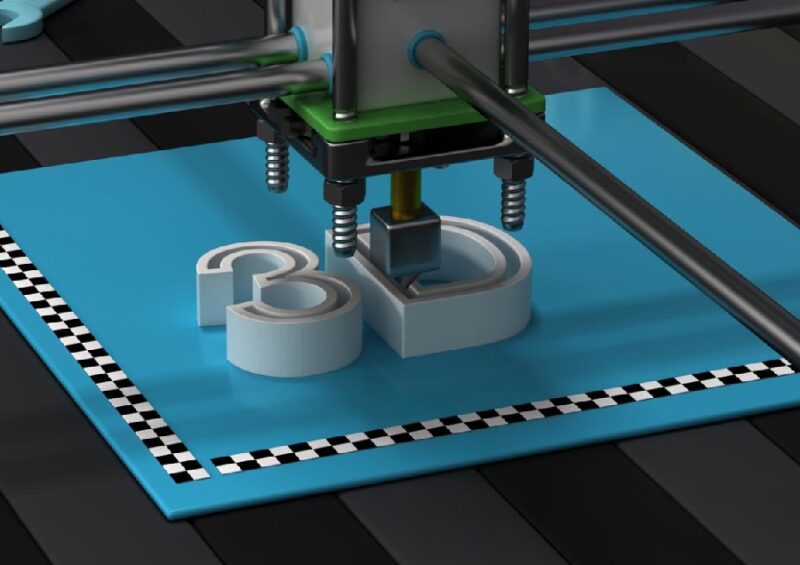
Emerging energy storage solutions, like advanced batteries and energy recovery systems, also contribute to sustainability. These technologies ensure efficient power usage, helping factories balance peak demand and minimize environmental impact. Furthermore, augmented reality (AR) and virtual reality (VR) tools are being used for design, training, and process optimization, reducing physical waste and resource consumption while improving production planning.
Altogether, integrating advanced technologies in manufacturing is driving unprecedented efficiency, sustainability, and adaptability in the industry. These innovations enhance productivity and pave the way for a more environmentally responsible and consumer-focused future.
The future of manufacturing is a dynamic blend of cutting-edge technology and sustainable practices, setting the stage for a new industrial revolution. As businesses continue to embrace these advancements, they will unlock opportunities for growth, innovation, and global impact. The manufacturing industry stands at the threshold of an era that balances productivity with ecological responsibility, charting a path toward a smarter, greener world.

